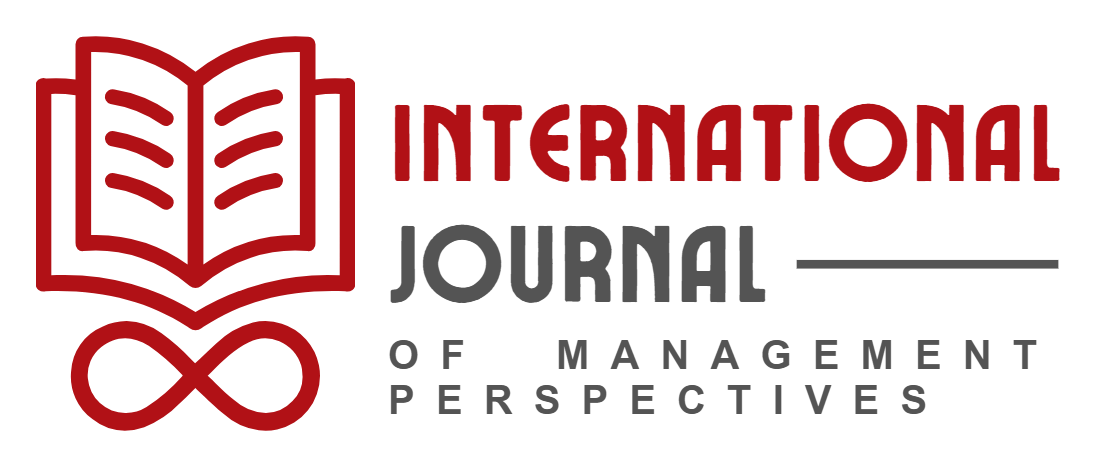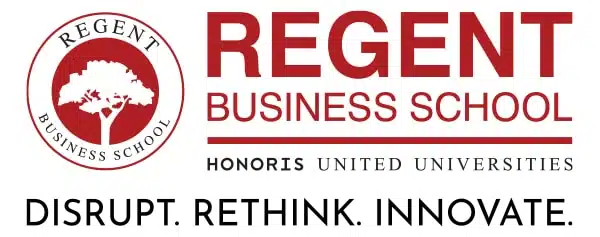The road to MBA accreditation is not always the easiest, but it is certainly one of the most rewarding. If you have big plans to get ahead in the world of business, this programme is a must. One of the most commonly asked questions that future MBA students have often comes down to what steps are needed to get there.

From an admission point of view, basic requirements include an appropriate Honours Degree or professional Bachelor’s Degree (or equivalent). In addition, applicants must be 25 years or older with a minimum of three years’ work experience. Recognition of Prior Learning (RPL) students may also be accepted in South Africa.
But over and beyond the bare minimums, there are quite a few things to consider when preparing to do an MBA programme.
How to Prepare for MBA Admission
Some tips that will help you plan for your MBA admission include the following:
- Focus on your language and communication skills. Read as much as you can, every day. Newsletters, publications and other enriching reading material will help you improve your vocabulary as well as broaden your horizons. Another tip is to use a dictionary and thesaurus often to ensure that your communication (written and verbal) is error-free.
- Get used to the idea of public speaking. Learn from respected television news anchors on serious programmes, and start practicing your expression and speaking abilities. If you get nervous about the idea of speaking out loud, start by reading the newsletter aloud for a few minutes a day. For best results, use a mirror so that you can observe your body language.
- Maths is non-negotiable, not matter how much you hate it. It starts in high school and continues all the way through university and beyond… learning to master maths is the only way to ensure that you are equipped with an often challenging MBA programme that uses maths AND language. If you struggle, start taking extra lessons as soon as possible. If you dropped this subject in school, pick it up as an adult so that you catch up.
- Many students have a background in engineering or maths. This does not mean that others who do not have strong backgrounds in these subjects will be disqualified. It does however show just how important numbers and logic are in this programme. It also shows that you will have to work extra hard to build any skills you may be lacking. One way to enhance your logical skills is to start working on puzzles and quizzes on a regular basis.
- Determine what pre-courses are needed. Invest in good quality C.A.T and G.M.A.T preparation books and start preparing yourself mentally. Even your study choices after matric can affect your chance of MBA success… choosing a course such as a Bachelor of Business Administration will give you a good framework for things to come. Coaching programmes can also be very useful.
- Determine your weak areas and strive for continuous improvement. Yes, you have strengths, too, which should never be discounted. Knowing your weaknesses will help you get proactive about any and all challenges that you could face. It will also give you the best chance of succeeding, by determining what areas you need to focus on the most.
- Get advice from those who’ve done it before. If you know any seniors and friends who have been admitted to business school, ask them for their advice about the admission process and what is required. This can greatly simplify things if you know what the school is looking for in applicants. It will also help you prepare properly.
Still have questions on the MBA process? Check out our MBA FAQ to get useful information on the Regent MBA Programme.

